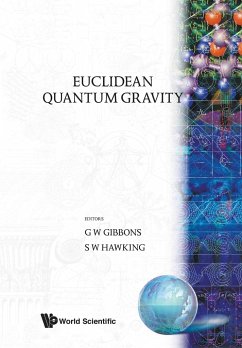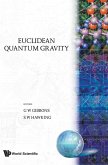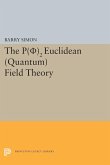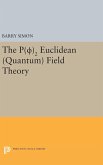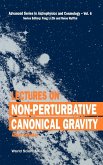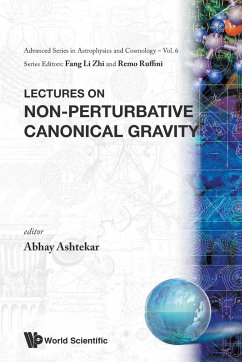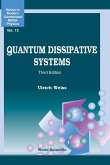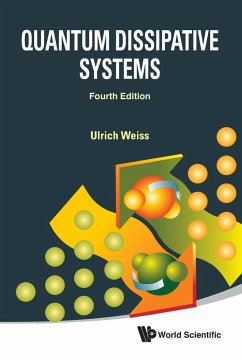The Euclidean approach to Quantum Gravity was initiated almost 15 years ago in an attempt to understand the difficulties raised by the spacetime singularities of classical general relativity which arise in the gravitational collapse of stars to form black holes and the entire universe in the Big Bang. An important motivation was to develop an approach capable of dealing with the nonlinear, non-perturbative aspects of quantum gravity due to topologically non-trivial spacetimes. There are important links with a Riemannian geometry. Since its inception the theory has been applied to a number of important physical problems including the thermodynamic properties of black holes, quantum cosmology and the problem of the cosmological constant. It is currently at the centre of a great deal of interest.This is a collection of survey lectures and reprints of some important lectures on the Euclidean approach to quantum gravity in which one expresses the Feynman path integral as a sum over Riemannian metrics. As well as papers on the basic formalism there are sections on Black Holes, Quantum Cosmology, Wormholes and Gravitational Instantons.
Hinweis: Dieser Artikel kann nur an eine deutsche Lieferadresse ausgeliefert werden.
Hinweis: Dieser Artikel kann nur an eine deutsche Lieferadresse ausgeliefert werden.

